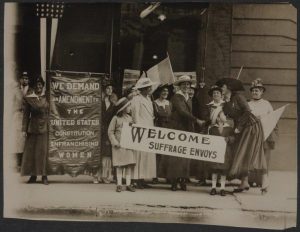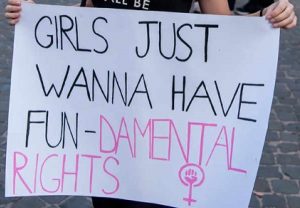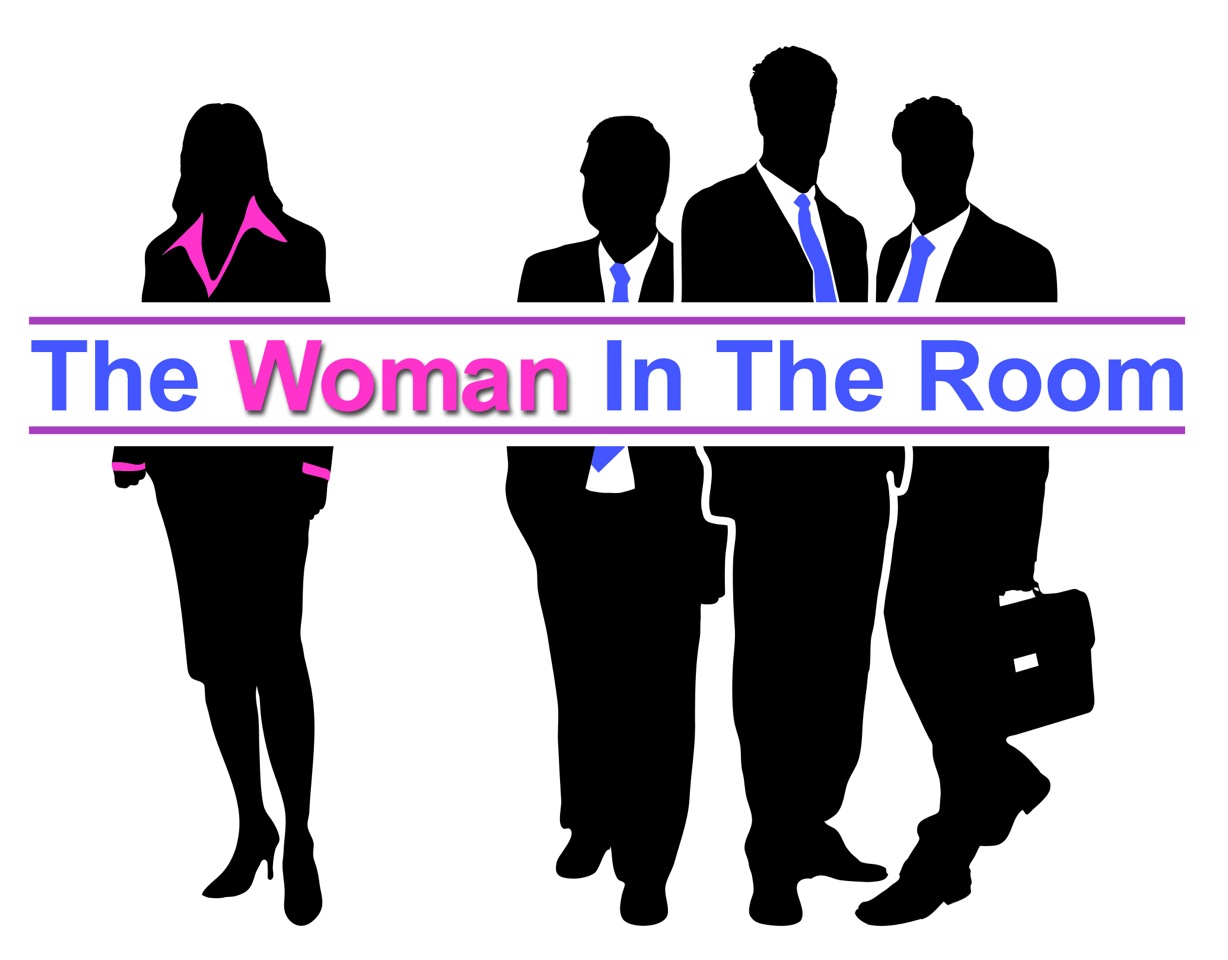
We Demand an Amendment to the United States Constitution Enfranchising Women
Recently I read through the Action Plan of a women’s organization I was interested in joining. As I read, I kept wondering what action I am supposed to take? What am I supposed to do?
This is a huge problem women have.
We have ideas, principles and values. Let’s call these Abstracts. We believe stating these Abstracts and saying we support them is taking action. It isn’t.
For example:
- The organization supports funding of a public education system that results in the uniform opportunity for all students to master the attitudes, knowledge, and skills necessary to thrive in a competitive and changing world.
- The organization supports voter registration procedures, voting options and systems that are accessible to all, easy to administer, and have appropriate security measures to prevent fraud or technology disruptions. The organization supports Voting Options of:
- Early voting in person and by mail
- Traditional polling places
- Voting Centers
That sounds great but as a member of the organization what do I need to do?
Is there a policy or law that needs to be written? If so, what is the Action Plan to write it?
Is there a policy or law already written that we need to rally support for? If so, what is it and what is the Action Plan to get that law enacted?

Loving sentiment but what is the issue and the action?
The mistake women commonly make is that we think that if we put an idea out there – create awareness by protesting – then some male-dominated entity should pick up our idea and run with it. We expect them to listen to our idea and exclaim, “That is a wonderful idea! Let’s put Jack and Henry on it. They can figure out what needs to be done and present their solution to the President/CEO for approval. Thank you so much for bringing this deficiency to our attention – we are rewarding you with a promotion, raise or monument!”
Sorry, that’s not how it works.
A year ago, I criticized an article that was bemoaning how a group of women who wanted a better maternity leave policy in their company had to spend hundreds of hours of their own personal time to build the case, present it and convince their company to pass it. By the time it was enacted, all the women involved in advocating for the new policy were past the point in their lives when it would benefit them.
The long list of women who commented were outraged that the company didn’t look at its own maternity leave policy and say “We need to change this!” They were outraged that it took so long and the women had to spend their personal time and money on the issue. They were outraged that the women weren’t even going to benefit from it so the company needed to compensate them for their time.
My comment was, “Welcome to the real world ladies! This is how things get done and change is made. It takes hard work and sacrifice.”

Action by Who?
Define “Gun Sense”
What Action do You want Someone Else to take on the issue that is important to you?
I’ve been studying the women’s suffrage movement. There’s no better example of women taking action on a specific issue to create change – because they did it without any legal rights! This statement by Carrie Chapman Catt who developed “The Winning Plan” to get women the right to vote, discusses what it took:
“To get that word, male, out of the Constitution, cost the women of this country 52 years of pauseless campaign; 56 state referendum campaigns; 480 legislative campaigns to get state suffrage amendments submitted; 47 state constitutional convention campaigns; 277 state party convention campaigns; 30 national party convention campaigns to get suffrage planks in the party platforms; 19 campaigns with 19 successive Congresses to get the federal amendment submitted, and the final ratification campaign.”
They didn’t just protest – actually, they did very little of that. They developed an Action plan and worked the plan. It was a lot of hard work! And many of the women who were the initial leaders of the movement such as Lucretia Mott, Susan B. Anthony, Elizabeth Cady Stanton, Lucy Stone, Sojourner Truth…and the list goes on and on and on…never got to see their life’s work come to fruition.
After the 19th Constitutional Amendment was ratified Carrie spoke:
“The vote is the emblem of your equality, women of America, the guarantee of your liberty. That vote of yours has cost millions of dollars and the lives of thousands of women. Money to carry on this work has been given usually as a sacrifice, and thousands of women have gone without things they wanted and could have had in order that they might help get the vote for you. Women have suffered agony of soul which you can never comprehend, that you and your daughters might inherit political freedom. That vote has been costly. Prize it!
The vote is a power, a weapon of offense and defense, a prayer. Understand what it means and what it can do for your country. Use it intelligently, conscientiously, prayerfully. No soldier in the great suffrage army has labored and suffered to get a `place’ for you. Their motive has been the hope that women would aim higher than their own selfish ambitions, that they would serve the common good.
The vote is won. Seventy-two years the battle for this privilege has been waged, but human affairs with their eternal change move on without pause. Progress is calling to you to make no pause. Act!”

Suffragettes gave you Fundamental Rights.
Use them.
Select an issue. Develop an action plan. Work the plan. Keep working the issue until it is fully incorporated into the way we work and live.
The Suffragettes worked hard so we could participate as equals in society, government and the workplace. They did it so women can engage in more issues effectively and efficiently and do the hard work of creating change to better their family, community, workplace and government.
If we just protest and expect men or government (primarily men) to make it happen for us, all we do is further empower male-dominated entities and negate the power and influence of women.
And nothing gets done.
The women who spent all the hours getting a better maternity leave policy did it for all of the women in their company and to add to the momentum of better maternity leave policies for all women. They served the greater common good.
Women have always inspired society to aspire to higher ideals, values and principles. But to create the change that incorporates these Abstracts into the way we work and live requires hard work. Whether or not we personally benefit from our action isn’t important – it is important that our action benefits the greater and common good for all people.
To see a good example of an action-oriented issue, visit the NORML website. http://norml.org
See their “Take Action” page http://norml.org/act for an example of how to clearly state the issues and the action to further an agenda.
Empowered Women put their Abstracts into Action For the Good of All People
Find this article helpful?
Sign up to receive more
Checkout my book to learn the Unique Value of Women in the Workplace
Follow The Woman In The Room on Facebook

